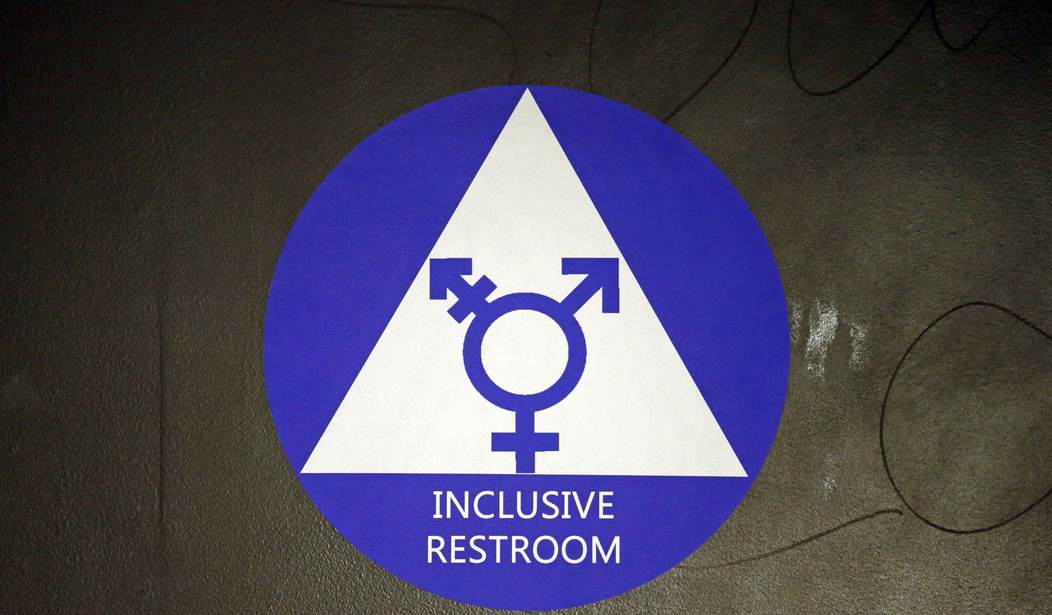If you’re a Christian and concerned about pronouns, there’s an obvious school choice for you.
Per a press release, Atlanta’s Emory University will now allow students to register their personal pronouns on the official registrar website.
From the Methodist college’s Emory News Center:
For more than 10 years, Emory students have had the option to designate their preferred name through the university’s official student information system, the Online Pathway to University Students (OPUS).
Pride Month was the perfect time for an add-on:
Now, thanks to modifications within OPUS and a policy change effective this June, during PRIDE month, students will soon be able for the first time to designate their pronouns. Students will be able to make the change in OPUS prior to the start of the fall semester.
As stated by Deputy Provost for Academic Affairs Christa Acampora, it’s all about improvement:
“This change was really driven by Emory students and their desire to help us be a better community.”
And many individuals pitched in:
“A large group of people at Emory — including staff, administrators, faculty, and students — worked to shape the policy change and enable the systems to support its implementation. I’m truly grateful for all of those efforts.”
Prior to the new normal, what would an aspiring attendee who was neither man nor woman do? Evidently, they may not feel welcome to enroll:
In keeping with best practices, the policy change comes after requests from students and the university’s desire to make campus more welcoming to students of all genders. Respect is also part of the equation for Dona Yarbrough, assistant vice president of Campus Life and a consultant to the Designated Pronouns implementation team.
Dona Yarbrough — assistant vice president of Campus Life and a consultant to the Designated Pronouns implementation team — asserts you are your pronouns:
“Our names and pronouns are essential to our identities, the most common ways we refer to one another.”
Risk is rancorous:
“When we call a person by the wrong name or pronoun, we risk causing them to feel disrespected.”
Our pronoun revolution is curious: We’ve challenged all the old caterpillar words except the one that would necessarily affect a butterfly’s buzz: “you.” For some unreported reason, emphasis has been solely placed on third-person usage one may never know occurred.
Meanwhile, we’ve grown superiorly sophisticated. Related to a pronoun practice website, I previously offered a scenario illustrating the point:
You meet and briefly converse with cool-shoes Horacio, who informs you vis pronouns are of the “ve” variety — except ve substitutes “nem” for “ver,” “eir” for “vis,” “nirs” for the other “vis,” and “bunself” for “verself.”
You take note of the above, then you set aside time in your dorm to practice online. After 45 minutes, you’ve sorted out a rough sketch of how you’re supposed to talk — if and when you ever refer to nem.
You and Horacio never speak again.
While home on Christmas break, you visit your cousin. You want to indicate you’d like to get some shoes like the ones worn by some guy you once met.
In order to plan this information’s delivery, on the previous night, you told your family to go to the movies without you — you and PracticeWithPronouns.com had work to do.
You now ask your cousin to sit in silence as you review your notes from the night before.
After only ten minutes, you’re ready to show respect to someone who’ll never have any idea you did so:
“There was some human at school who had shoes like the ones I want. Ve told me ve got them at a mall near eir internship. I was going to ask nem which store, but I got distracted because I had to log nirs particulars into my 500-page journal I carry to record all humans I might ever reference’s pronouns. Ve would’ve probably taken me to the store bunself, but I’ll never know.”
Back to Emory, Danielle M. Bruce-Steele — director of the Office of LGBT Life and the Office of Belonging and Community Justice — said change has been brewing “for years”:
“While students appreciate the culture of sharing their pronouns in other parts of campus, students and staff have advocated for years for a more centralized way of sharing this information.”
Traditional pronouns, Dona Yarbrough explained, represent the old and undone way.
“We must update our language to reflect our appreciation of the range of gender identities and our respect for all people.”
Options for students will include He/Him/His, She/Her/Hers, They/Them/Theirs, Xie/Hir/Hirs and Ze/Zir/Zirs.
-ALEX
See more content from me:
WATCH: Teacher Turns His High School Classroom Into a #Pride Nightclub
WATCH: Heroes Risk Death to Save a Seizure Sufferer Stuck in a Burning Car
Yale Medical Professor Blasts Biden for Working With COVID — It’s White Supremacy
Find all my RedState work here.
Thank you for reading! Please sound off in the Comments section below.













Join the conversation as a VIP Member